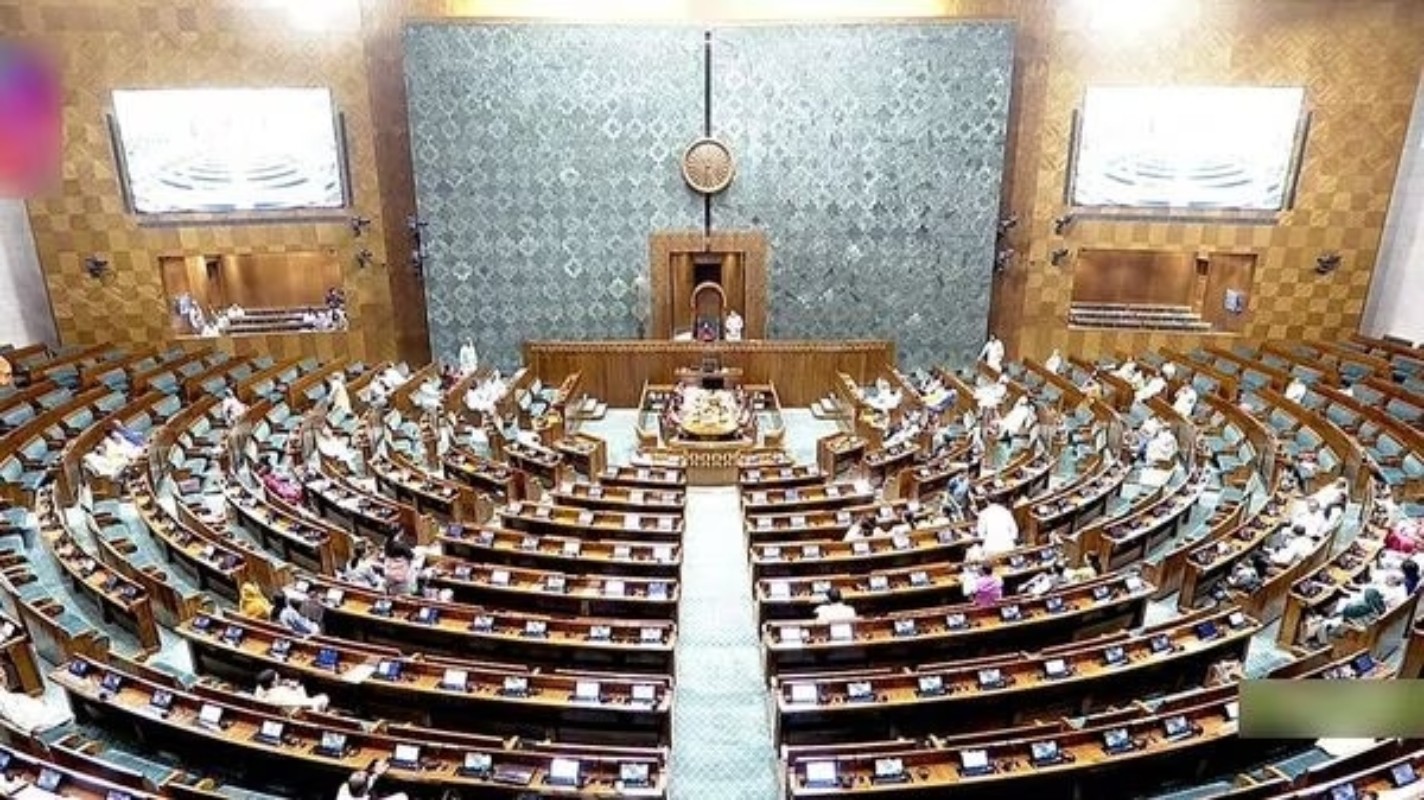KOLKATA: In a significant move, the central government has placed three vital criminal law reform bills before the parliament for discussion in the ongoing winter session, which commenced on Tuesday.
If passed, these bills will replace archaic legislations such as the colonial-era Indian Penal Code dating back to 1860, the Indian Evidence Act of 1872, and the Criminal Procedure Act of 1898.
The three key bills listed for discussion are The Bharatiya Nyaya Sanhita, 2023, The Bharatiya Nagarik Suraksha Sanhita, 2023, and The Bhartiya Sakshya Adhiniyam, 2023.
Following their introduction in August, these bills underwent scrutiny by the Parliamentary Standing Committee on Home Affairs. The committee is expected to submit its report during this session.
Also Read: How Assam CM Himanta impacts BJP victories in Assembly elections
Union Home Minister Amit Shah, during the bill’s introduction, emphasised the transformative nature of these laws. He stated, “The three acts being replaced were crafted to bolster and sustain British rule, aimed at punishment rather than justice. The essence of these new laws is to safeguard all the rights granted by the Indian Constitution to its citizens.”
Shah further elaborated, “The objective is not to punish but to deliver justice. Through this process, penalties will be imposed where necessary to instil a sense of crime prevention. These three laws, developed with an Indian thought process, will bring about a significant change in our criminal justice system.”
Under the proposed reforms, the Indian Penal Code of 1860 will be substituted by the Bharatiya Nyaya Sanhita Bill 2023, the Criminal Procedure Code of 1898 will be replaced by the Bhartiya Nagrik Suraksha Sanhita Bill, and the Indian Evidence Act of 1872 will be succeeded by the Bhartiya Sakshya Bill 2023.
However, West Bengal Chief Minister Mamata Banerjee has written to Home Minister Amit Shah, urging the government not to rush through these criminal bills in the winter session of Parliament. Banerjee’s letter emphasises the need for deliberation by the newly elected members of the ensuing Lok Sabha and the new government, considering the imminent conclusion of the current Lok Sabha’s term.
Sources reveal that parties such as Trinamool, Congress, DMK, and other INDIA parties in the Parliament’s Standing Committee are poised to oppose these proposed legislations.

